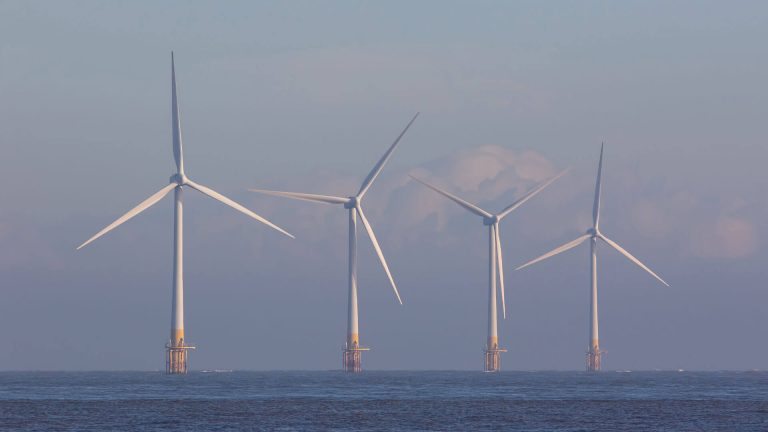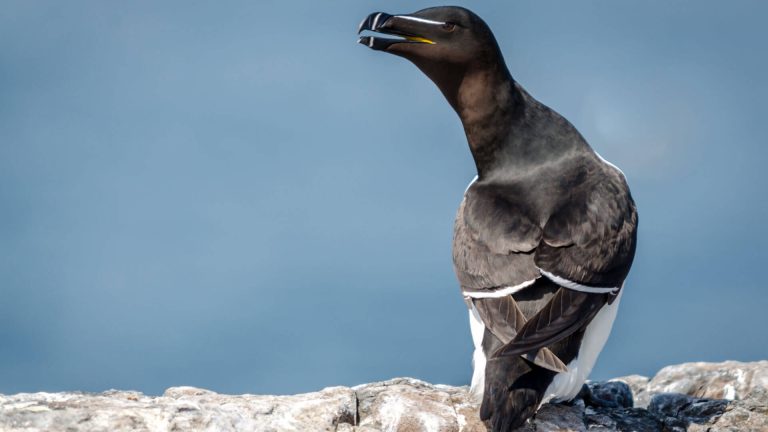The Ecological Consequences of Offshore Wind research programme (ECOWind) is bringing together experts from science, policy and industry to understand how offshore wind affects ecosystems, and the species and habitats that make them, in order to reduce negative impacts on marine life while tackling climate change. Four projects will explore the effects of offshore wind on different aspects of the marine environment, covering elements of the ecosystem such as fish, marine mammals, seabirds, and life on the seabed.
ECOWind will deliver outputs relevant to policy and industry from the very beginning. Scientists, policy and industry representatives will work closely together to ensure that research findings can be directly translated into progressive policy measures, which will aim for optimal outcomes for both the climate and marine life.
The ECOWind Programme has funding of £9.45 million, provided by The Crown Estate’s Offshore Wind Evidence and Change Programme (OWEC), The Crown Estate Scotland (CES) and by the Natural Environment Research Council (NERC). It is supported by Defra.
ECOWind has three core objectives:


The UK is committed to delivering up to 50GW of offshore wind by 2030, including up to 5GW of innovative floating wind. While the technology for offshore wind is constantly improving, there are still gaps in our knowledge of how the cumulative impacts of construction and operation of multiple offshore wind farms affects marine life – especially in combination with factors, such as climate change and other human activities. The UK not only has commitments to reduce its greenhouse gas emissions, but also to protect and improve its natural environment. Making sure that these two crucial goals are delivered in harmony is essential.
Offshore windfarm – a number of wind turbines established in an area of the sea, which transform wind energy into electricity that is transmitted to land via undersea cables.
Floating wind turbine – a new type of wind turbine mounted on a floating structure that is typically tethered to the seabed. Floating wind turbines can be placed in much deeper waters than fixed-foundation turbines.
Net gain – a policy measure defined by Defra as “an approach to development that aims to leave the natural environment in a measurably better state than beforehand”.
Strategic compensation – the identification of compensatory measures early in the planning process. These are measures that can be delivered across a wider area or timescale, or can only be delivered by Government to offset the unavoidable impacts on a designated ecological feature arising from multiple offshore projects, joining up across projects and organisations to deliver something greater than the sum of its parts.
Ecosystem services – the benefits that society receives from the natural environment.

Stay up to date with the latest news and research from the ECOWind Programme.